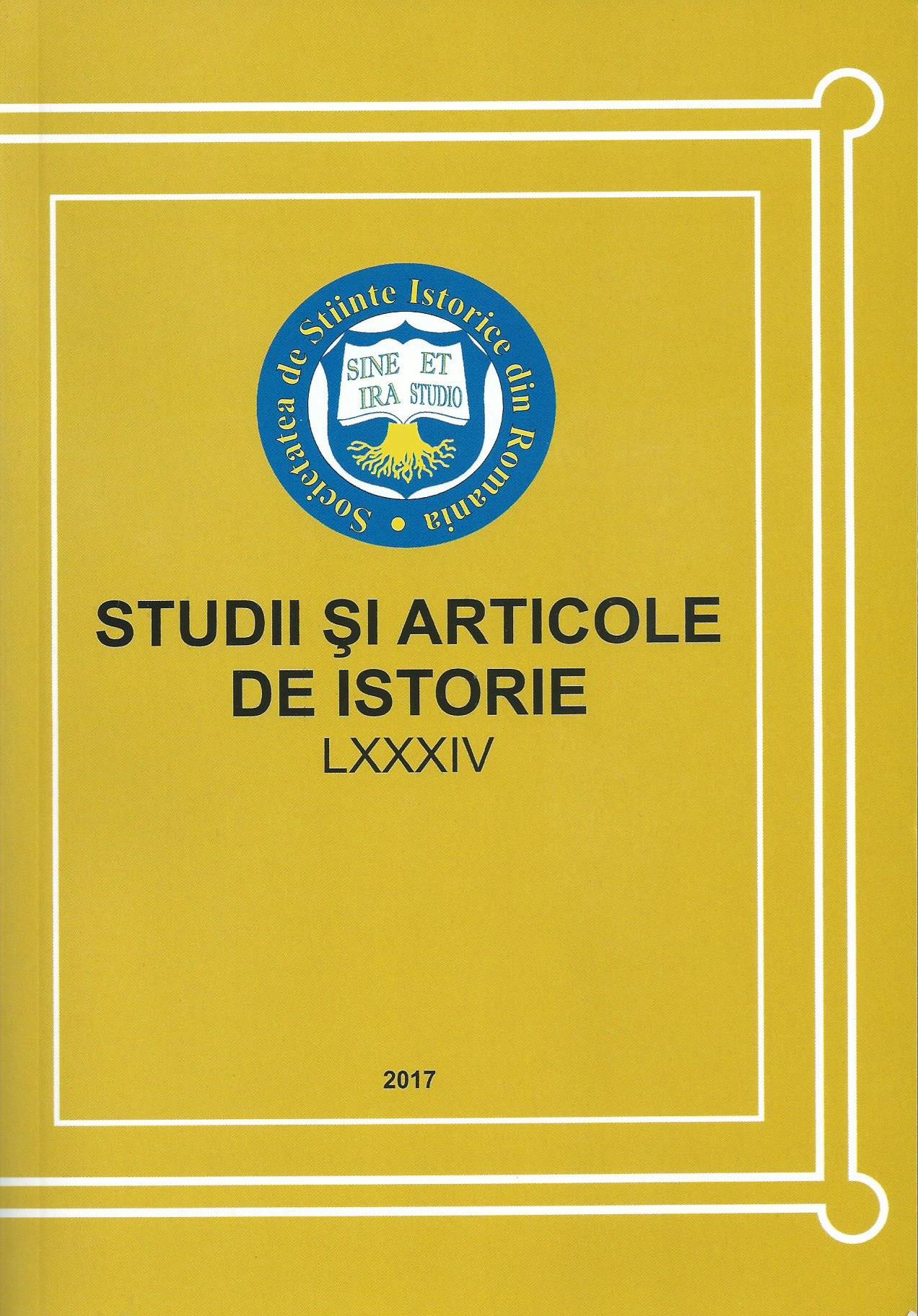PUTEM VORBI DE LUTERANISM ÎN TRANSILVANIA SECOLULUI AL XVI-LEA?
CAN WE SPEAK OF LUTHERANISM IN 16th CENTURY TRANSYLVANIA?
(Abstract)
Author(s): Edit SzegediSubject(s): History
Published by: Societatea de Ştiinţe Istorice din România
Keywords: Reformation; confessional identity; Lutheranism; Cryptocalvinism; Melanchthon.
Summary/Abstract: Starting from an incident in Braşov in 1585, when in consequence of a theological dispute between Cryptocalvinists and orthodox Lutherans, the Lutheran theologian Daniel Reipchius was removed from his office with the instigation of the Cryptocalvinist minister of the parish church, the present article attempts a new approach of the issue of Lutheran identity in Transylvania in the 16th century. The issue in debate is wether we can speak about Lutheranism in Transylvania considering the unsettled confessional situation in the Principality itself, but also in East-Central-Europe as well as in the German-Roman Empire. The issue is investigated in three steps: what could Lutheranism have meant in the 16th century; if the Reformation in Braşov can be theologically and confessionally narrowed down and how the identity of the Ecclesia Dei Nationis Saxonicae was established through the 16th century. The conclusion is that the church of Wittenbergian feature or the church of Augsburg Confession was shaped by Melanchthon’s theology, in which the Cryptocalvinists – the adherents of the Melanchthonian theology of mediation - were dominating, so until 1615 it was not a Lutheran Church, but a church which had also Lutherans in its ranks.
Journal: Studii şi articole de istorie
- Issue Year: 2017
- Issue No: 84
- Page Range: 7-17
- Page Count: 11
- Language: Romanian

